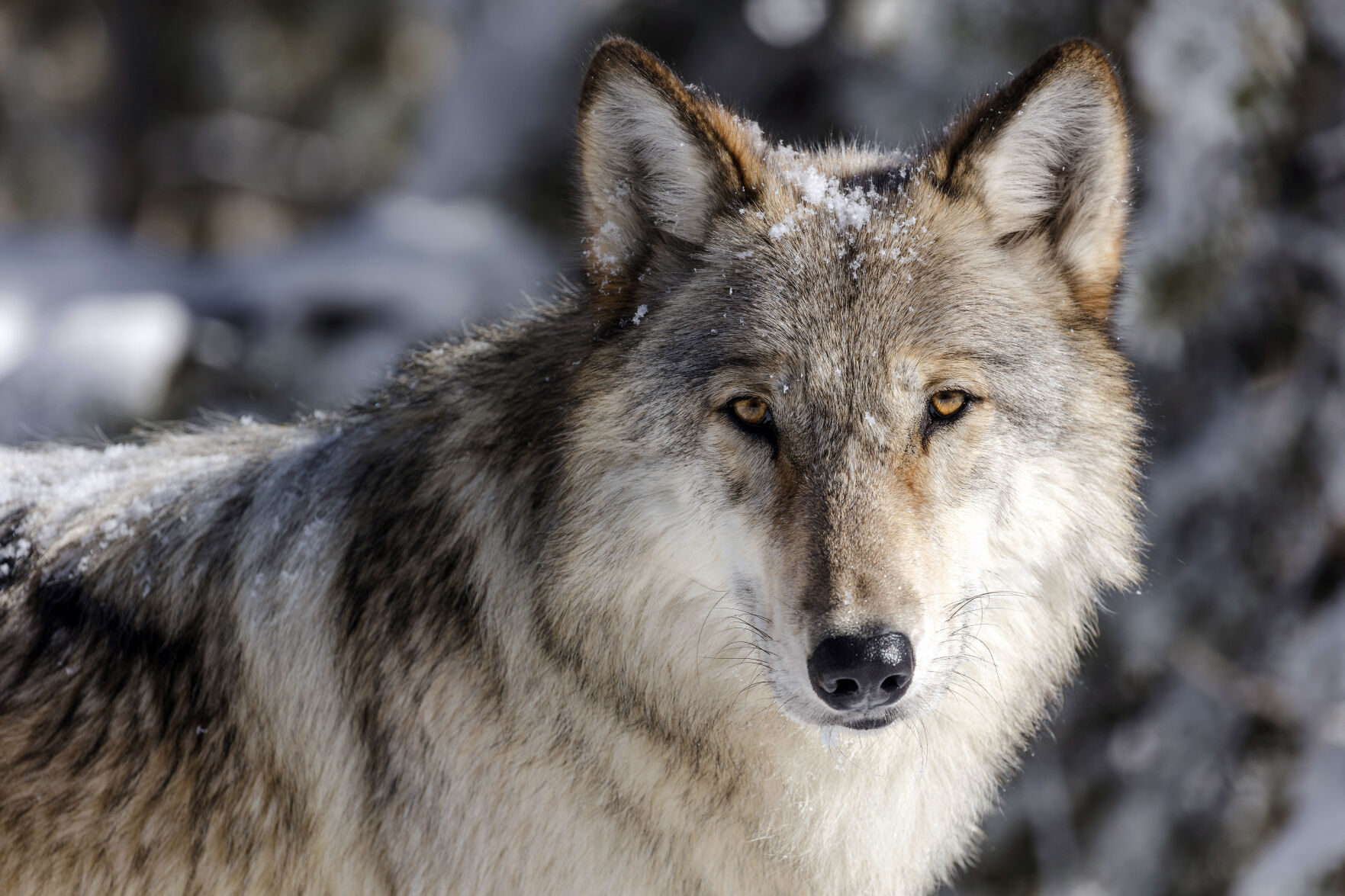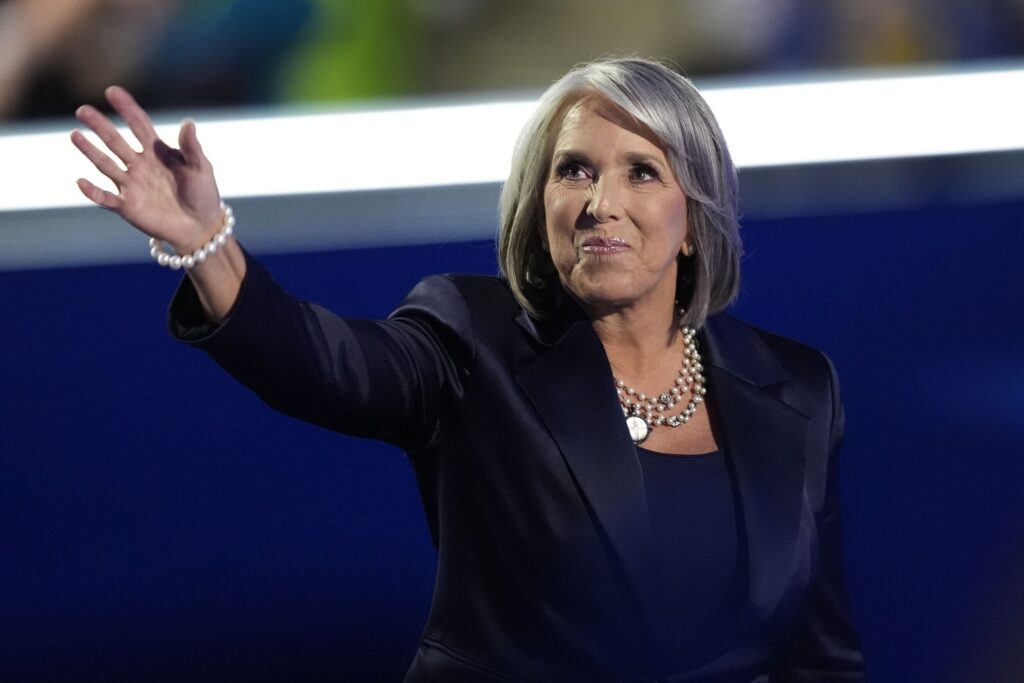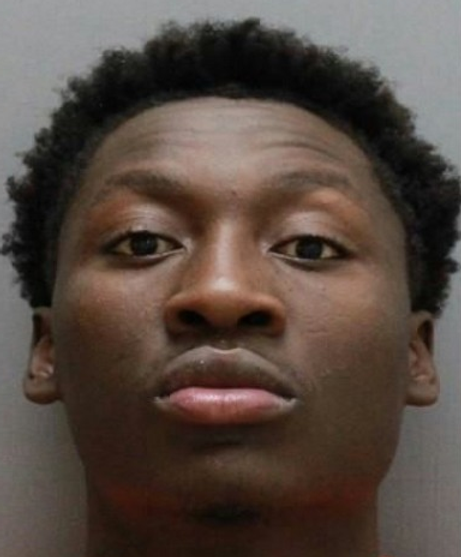OUT WEST ROUNDUP | Data indicates Idaho’s wolf population holding steady

IDAHO
Early data indicates state’s wolf population is holding steady
BOISE – Idaho’s wolf population appears to be holding steady despite recent changes by lawmakers that allow expanded methods and seasons for killing wolves, the state’s top wildlife official said on Oct. 6.
Idaho Department of Fish and Game Director Ed Schriever told lawmakers on the Natural Resources Interim Committee that preliminary data on human-caused and natural wolf mortality looks similar to three previous years.
He also said the agency is using changes in wolf hunting laws that could lead to killing more wolves in areas with livestock conflicts or where elk herds are below population goals, potentially through a wolf-killing reimbursement program for skilled trappers and hunters.
Schriever, in a graph presented to lawmakers, showed the state’s wolf population from 2019 to 2021 fluctuating with a high of more than 1,600 in May when wolf pups are born down to a low of about 800 in April as wolves die through natural mortality, hunting or trapping.
Idaho lawmakers in 2021 approved a law backed by ranchers that greatly expanded wolf killing in what some lawmakers stated could reduce the wolf population by 90%. Backers said it would reduce the wolf population and attacks on livestock while also boosting deer and elk herds.
Idaho wildlife officials also last year announced the state would make available $200,000 to be divided into payments to hunters and trappers who kill wolves in the state.
However, there has been concern the new rules could overshoot the mark because if the state’s wolf population were to fall below 150, the U.S. Fish and Wildlife Service could take over management of wolves from the state.
Besides setting up the reimbursement program, the law passed in 2021 also expanded wolf killing methods to include trapping and snaring wolves on a single hunting tag, no restriction on hunting hours, using night-vision equipment with a permit, using bait and dogs and allowing hunting from motor vehicles. It also authorized year-round wolf trapping on private property.
NEW MEXICO
Governor seeks FBI reinforcements amid crime
SANTA FE – The Democratic governor of New Mexico has asked the federal Department of Justice to assign more FBI agents to the state in response to violent crime.
Gov. Michelle Lujan Grisham said Wednesday in a statement that she wants to replicate the success of a recent surge in FBI resources and agents in Buffalo, New York.
The Sept. 15 letter to U.S. Attorney General Merrick Garland describes a recent spate of homicides in Albuquerque and says “additional federal agents are needed to alleviate the current strain on New Mexico’s law enforcement offices.” Lujan Grisham sent a similar request in June to FBI Director Christopher Wray.
Lujan Grisham spokeswoman Nora Meyers Sackett said the governor’s office did not receive a response from the Department of Justice as of Wednesday evening.
Concerns about crime are a prominent theme in the race for governor ahead of the Nov. 8 general election as Lujan Grisham seeks a second term in office. Republican nominee and former television meteorologist Ronchetti has painted a dire portrait of public safety conditions, railing against the state’s bail system and vowing a different approach to judicial appointments.
Lujan Grisham is touting recent state investments in crime-reduction grants, a bump in pay for state police and new spending on local police recruitment and job retention – but says more is needed.
Some state lawmakers debate higher tax rate for alcohol
SANTA FE – New Mexico has the worst rate in the nation for alcohol-related deaths at nearly 2,000 people per year and some lawmakers are debating whether the state tax on booze should be higher.
The Santa Fe New Mexican reports the Legislative Health and Human Services Committee has chosen an alcohol tax increase as one of its top priorities for next year.
But some lawmakers don’t know how much to increase the alcohol tax, whether to change how the taxes are levied and what to do with the revenues raised.
New Mexico taxes alcohol wholesalers a fixed amount per volume of beverage they sell to retailers, who raise prices on consumers to cover the upcharge.
Experts say higher taxes reduce some of alcohol’s harmful impacts by making it more expensive to drink excessively.
Alcohol taxes also raise revenue that can fund prevention and treatment services.
But the New Mexican reports that the state’s rates don’t adjust as inflation pushes up alcohol’s prices and legislators rarely tinker with them.
The current rates – 7 cents per drink for wine and spirits and 4 cents a drink for beer – are at historic lows, according to the newspaper.
The last time advocates in New Mexico attempted to raise alcohol taxes, they campaigned in 2017 for an across-the-board, quarter-a-drink increase and the bill flopped.
UTAH
Animal rights activists not guilty in theft of piglets
SALT LAKE CITY – A jury in Utah found two animal rights activists not guilty on charges of burglary and theft after they allegedly took two sick piglets from an industrial pig farm.
Activists Wayne Hsiung and Paul Picklesimer with the California-based group Direct Action Everywhere had argued during their trial that nothing of value was stolen because the 3-week old piglets were in poor condition and likely to die. The not guilty verdict was delivered on Oct. 8 following a weeklong trial.
The group took a 360-degree virtual reality video of the March 2017 incident at Smithfield Food’s Circle Four Farms near Milford and promoted it online, as part of a tactic known as “open rescue” that’s meant to shed light on abusive farming practices.
Investigators used the video to identify the defendants and three other activists who were charged and took plea deals rather than go to trial. Hsiung and Picklesimer faced up to five and a half years in jail if they had been convicted, The Salt Lake Tribune reported.
In 2017 a federal court struck down a Utah law banning secret filming at farm and livestock sites, claiming the restrictions were an unconstitutional violation of free speech.
ARIZONA
Wild horse rights advocates say 14 horses killed
SPRINGERVILLE – Wild horse rights advocates are calling on authorities to prosecute whoever is responsible for the reported killing of more than a dozen wild horses in northeastern Arizona.
U.S. Forest Service officials announced on Oct. 9 that they were investigating the horse deaths, but didn’t release any details.
Phoenix TV station KTVK reported that witnesses told them 14 horses were found in the Apache-Sitgreaves National Forest with fatal gunshot wounds to the abdomen, face and between the eyes.
Simone Netherlands of the Salt River Wild Horse Management group in Arizona said the horses “are not protected by federal government, not protected by state laws, so it’s sickening that someone can just come here and kill them.”
The dead horses were found near Forest Road 25 on the Alpine and Springerville Ranger Districts, according to the Forest Service, which said in a statement that they are “coordinating with the appropriate officials in support of the investigation.”
Meanwhile, a $20,000 reward continues to being offered for information leading to the arrest and conviction of whoever killed five wild horses in eastern Nevada late last year.
The Bureau of Land Management announced last week that the National Mustang Association pledged to double the previous $10,000 reward in the case.
It’s unknown if the Nevada and Arizona cases are related.
The BLM is investigating and prosecuting the killings as part of the enforcement of the Wild Horses and Burro Act of 1971.














